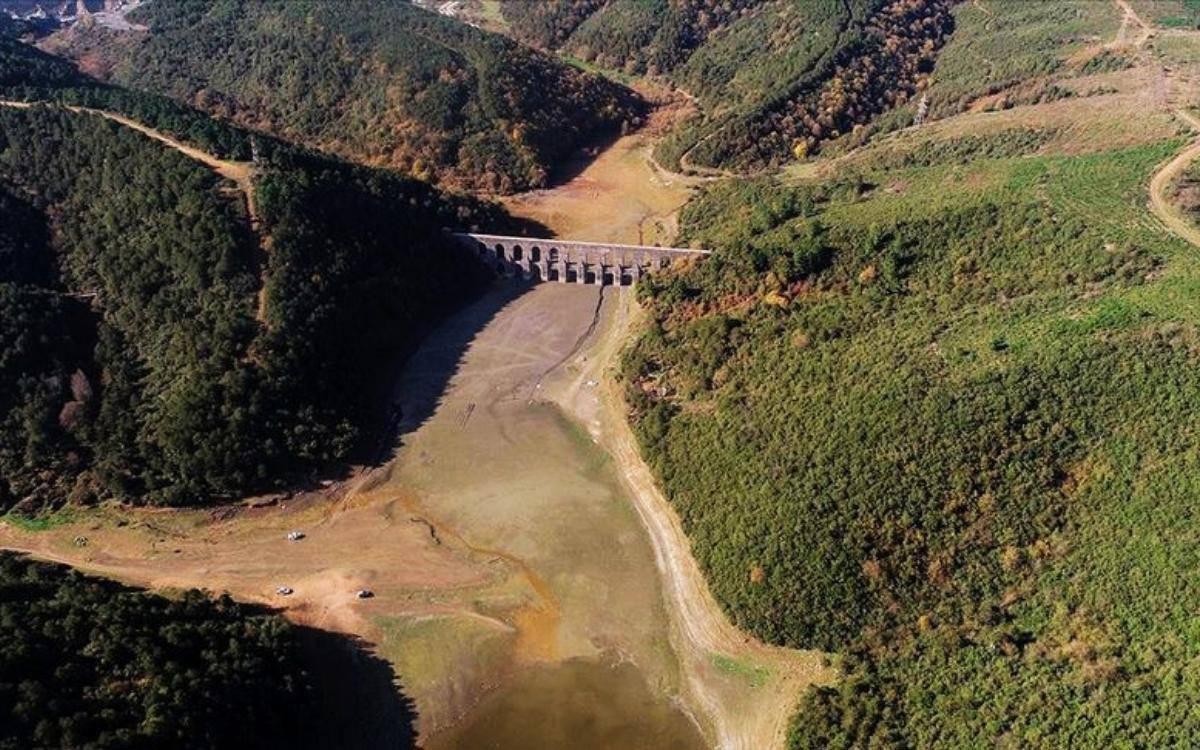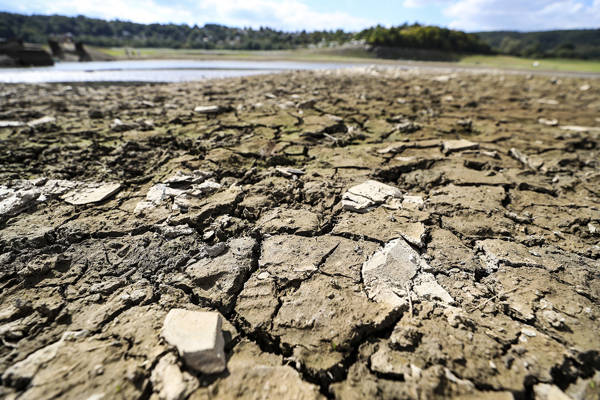The issue of water scarcity in İstanbul, often debated in relation to the water levels in the city's reservoirs, is just one facet of a much larger water crisis. Water scarcity is not only about the lack of water during dry seasons but also about the quality of the available water. This crisis in Turkey, now classified as a country experiencing "water stress," has seen a nearly fourfold decrease in per capita freshwater availability in the past 60 years, largely due to the country's rapidly growing population. However, the problem is far more complex than a mere quantity issue.
Wastewater treatment falls short
Water, essential for meeting basic needs and for use in all sectors of the economy, becomes polluted and turns into wastewater, which is often discharged without adequate treatment. Untreated wastewater contributes to increased water pollution, disrupts aquatic ecosystems, and poses a significant threat to public health. Globally, approximately 80% of industrial and urban wastewater is released into the environment without any treatment.
Turkey's situation is not much different concerning pollution. While around 88% of municipal wastewater in Turkey is treated, only half of this treated wastewater undergoes advanced treatment. Approximately 27% of wastewater goes through biological treatment, while nearly 22% passes through the initial stage of physical treatment. In other words, only about 43% of total wastewater is subjected to advanced treatment, with one-fifth receiving only preliminary treatment. This situation had dire consequences, as witnessed during the Marmara Sea's mucilage crisis in 2021. Additionally, water quality deterioration, decreased water availability, and reduced biodiversity have been observed in lakes and wetlands across Turkey.
Turkey: A country facing water stress
Countries with per capita freshwater availability exceeding 10,000 m³ are considered water-rich, such as Canada and Iceland. However, Turkey's per capita freshwater availability has decreased to nearly a quarter of this amount, reaching approximately 1,300 m³ in the past 60 years. This situation categorizes Turkey as a country facing water stress. On a global scale, approximately 2.3 billion people live in countries experiencing water stress.
Nevertheless, the sole cause of water scarcity is not merely geographic disparities in freshwater distribution. Even in a country rich in water resources, a high population can lead to a low per capita freshwater availability. The sharp decline in per capita freshwater availability in Turkey is also attributed to population growth. The subsequent increase in urbanization and improper land use further deteriorate water quality and disrupt the water cycle.
A holistic approach
The water crisis, once seen as a problem of developing countries, has become a critical issue in developed nations like the United States, Australia, the United Kingdom, and Japan, especially when combined with the climate crisis. The water crisis intensifies as it merges with the climate crisis, resulting from disruptions in the water cycle. Moreover, factors such as increasing population, excessive urbanization, and improper land use exacerbate the situation. These conditions disproportionately affect the most vulnerable communities, women, children, and future generations.
To effectively address the water crisis, we must consider it from a holistic perspective, encompassing scarcity, pollution, and the climate crisis:
1. Water Efficiency: To reduce water scarcity and water pollution, we must use water more efficiently and cyclically in every sector, thereby reducing pressure on water resources and minimizing pollution.
2. Ecosystem Protection: Preserving and passing on aquatic ecosystems in the best possible condition to future generations should be a top priority.
This article was written by Dr. Akgün İlhan, an expert in climate-sensitive water management, urban water management, water policies, and the right to water, in collaboration with the Climate Desk and bianet.
The Climate Desk aims to disseminate reliable information related to the climate crisis to the public. Its authors are scientists with expertise in the topics they cover.
(TY/VK)







